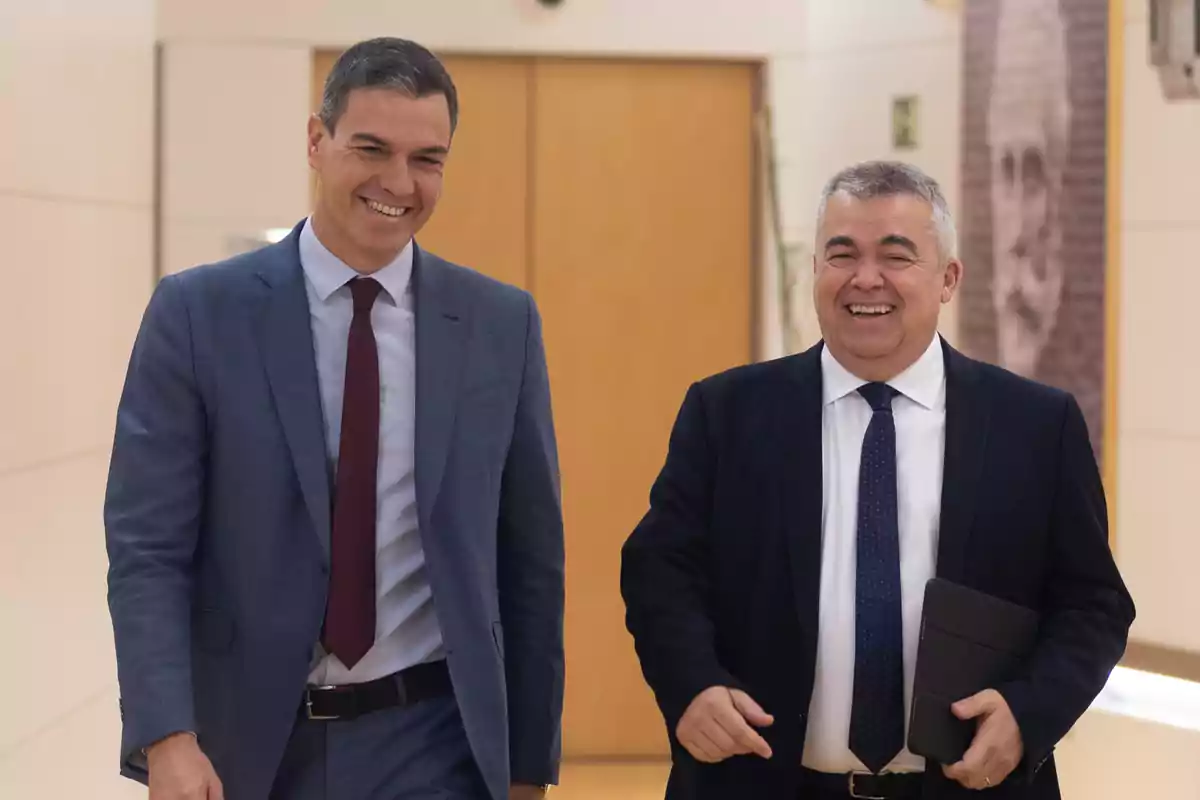
The hidden side of Santos Cerdán: from Sánchez's right-hand man to the bench over the Koldo case
UCO Attributes Irregular Commissions and Primary Rigging to Him, with Evidence Collected Over More Than a Decade
Santos Cerdán's resignation this Thursday as Organization Secretary of PSOE and deputy for Navarra shakes Ferraz's internal structure to its core and creates an institutional crisis for President Pedro Sánchez's government. This isn't a simple move to step out of the spotlight; the pressure caused by a devastating UCO report, accompanied by recordings and conversations, has left Cerdán and PSOE against the ropes. At 56 years old, his career, built with discretion and effectiveness, clashes with the magnitude of the scandal that now overshadows his career.
Santos Cerdán León was born on May 4, 1969, in Milagro (Navarra), a municipality of barely 5,000 inhabitants with deep socialist roots. The son, grandson, and brother of PSOE members, he experienced politics at home. His education didn't follow the office and university career pattern. He studied a second-level Vocational Training in Industrial Electronics and worked in industrial maintenance for companies in the agri-food sector, such as Iberfruta and Bonduelle.
At eight years old, his family moved to Lodosa, where he studied at a private school. However, he didn't continue with university studies. Instead, he developed a professional life linked to manual labor before deciding, at 30 years old, that his vocation was politics.
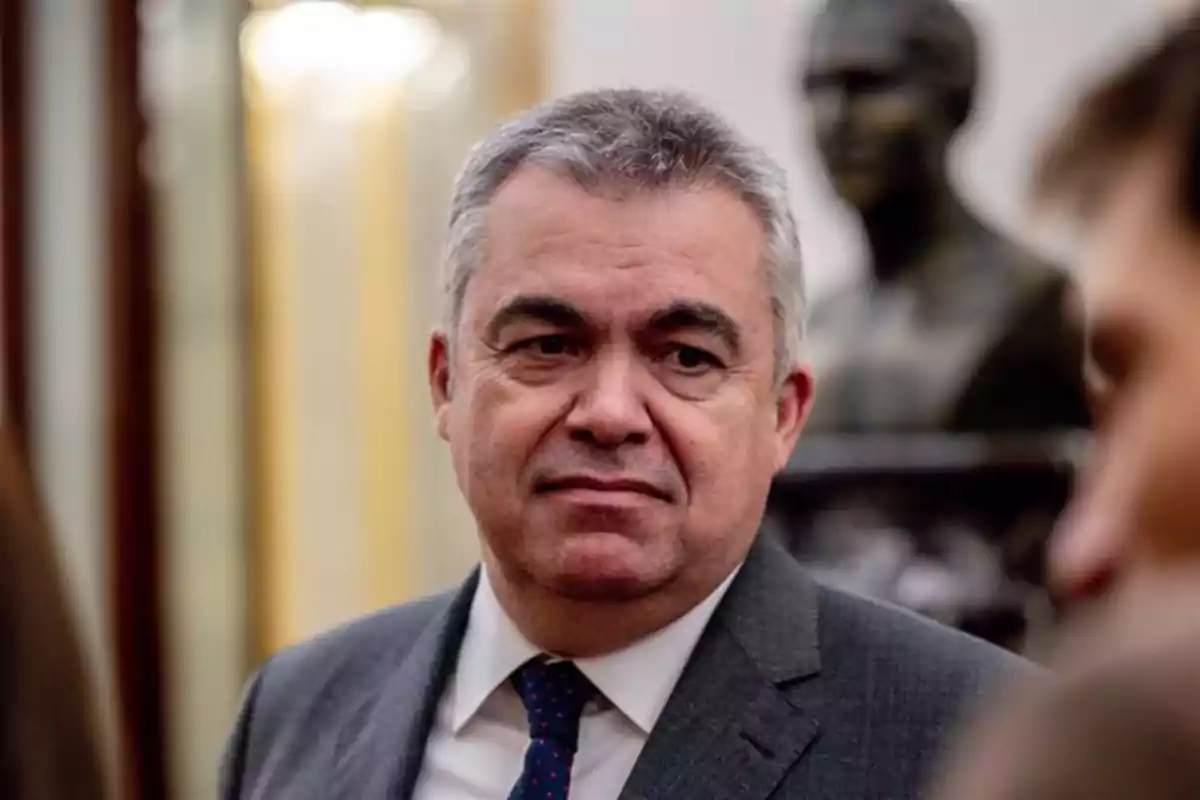
In 1999, Cerdán joined PSOE driven by his family roots and socialist tradition. Barely a year later, he was elected councilor and deputy mayor of Milagro. He held that position until 2015 over three terms: 1999‑2003, 2007‑2011, and 2011‑2015. That municipal stage included tense moments, such as ETA threats, and shaped his profile as an "infrastructure" politician.
In 2004, he joined the Regional Executive Committee of PSN, where he kept his career until becoming regional Organization Secretary in 2012. During that period, he was elected deputy in the Foral Parliament of Navarra, a position he kept between 2014 and 2017.
Starting in 2000, he also served as president of the Ribera Alta Solid Waste Association, a technical position that consolidated his reputation as an efficient and discreet manager.
National Rise: Architect of Primaries and Strategist in Ferraz
In July 2014, Cerdán became a central figure in the socialist primaries. From Navarra, he built networks to support President Pedro Sánchez against Eduardo Madina. Those primaries, the first open ones in PSOE's history, ended with a historic victory for Sánchez (48.6%). Cerdán was considered an effective territorial operator, and, according to the UCO report, he may even have committed irregularities:
"When you finish, write down as if those two who are missing have voted without anyone seeing you and put in the two ballots." This message, sent to Koldo García on July 13, 2014, has been one of the most compelling pieces of evidence revealed by UCO.
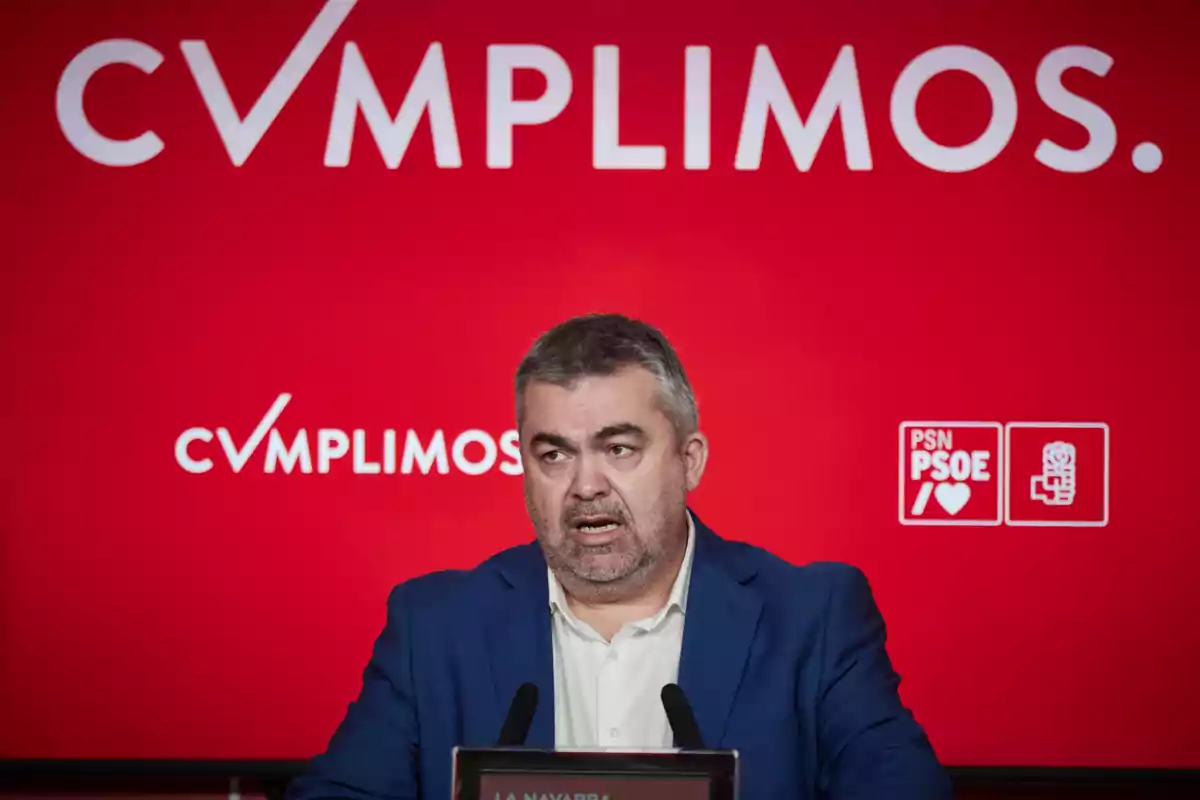
After the internal blow in 2016, when Sánchez was expelled, Cerdán kept his loyalty and played a decisive role in his triumphant return in 2017. In charge of organizing endorsements and territorial contacts, he helped consolidate the leader against Susana Díaz and Patxi López.
In 2017, he was appointed Executive Secretary of Territorial Coordination, and in 2021 he rose to Organization Secretary, replacing José Luis Ábalos. In that position, he became the party's number three, responsible for the organizational structure and bridges with regional negotiations, including pacts with Junts and PNV.
Ties with Pedro Sánchez and the Power Circle
Cerdán's quiet leadership merged with President Pedro Sánchez's profile: without ostentation, but reliable. Colleagues describe him as "loyal," "unflappable," and "capable of managing crises." He was the one who kept PSOE's internal gears united, where no one questioned his authority, even without media prominence.
Additionally, his closeness to Koldo García, also from Navarra and a close advisor to Ábalos, consolidated a triangle with real power, according to police reports. UCO documents that their relationships date back to 2013‑2015 in Navarra, and indicate that Cerdán facilitated García's ties with construction companies such as Acciona, OPR, and LIC.
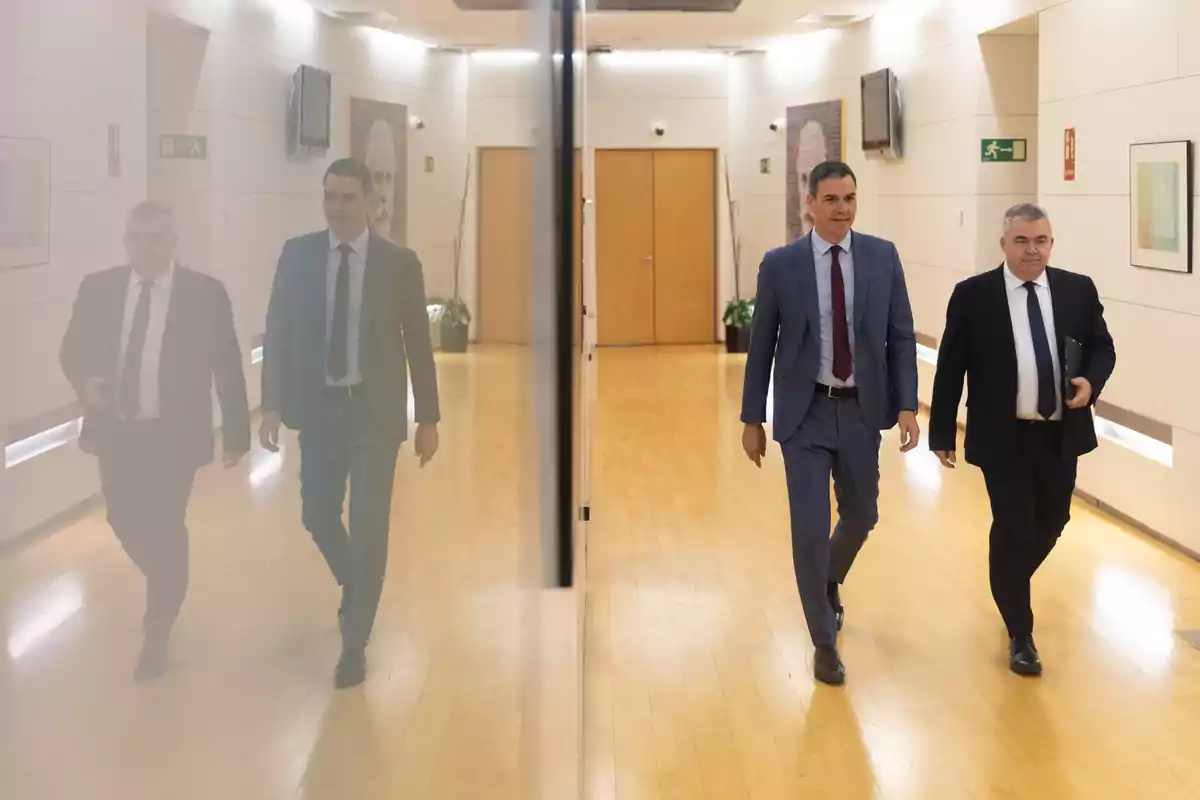
The report includes more than 390 mentions of Cerdán and provides evidence of conversations on Signal and wiretaps that show an organized and chronological scheme: pre-ministerial, ministerial, and post-ministerial stages.
Cerdán also had a notable negotiator profile. In 2019, he was key in the post-electoral pacts that allowed Sánchez to govern with the support of nationalist parties. He is credited with a leading role in negotiations with Junts per Catalunya in Brussels. Where he even met with Carles Puigdemont.
In 2020, he assumed the presidency of the Pablo Iglesias Foundation, linked to PSOE's ideological apparatus, a position he would hold until 2022.
This background reinforced his reputation as a man of structures, logistics, and alliances: "he does what others don't see, but without which it wouldn't be possible to govern," socialist leaders explain.
His Personal Life: Family Environment and Discreet Style, with Nuances
Personally, he defines himself as a discreet man. He is married to Francisca Muñoz, "Paqui," from Seville and a local member in Noáin. Together they have a daughter who is a university student in Madrid. Paqui appeared in the media this week after confronting a journalist who tried to enter their home pretending to be a delivery person.
A soccer fanatic, a supporter of Osasuna and Barça, his youth also included daring acts. He ran with Miura bulls in the San Fermín bull runs, according to sources close to him.
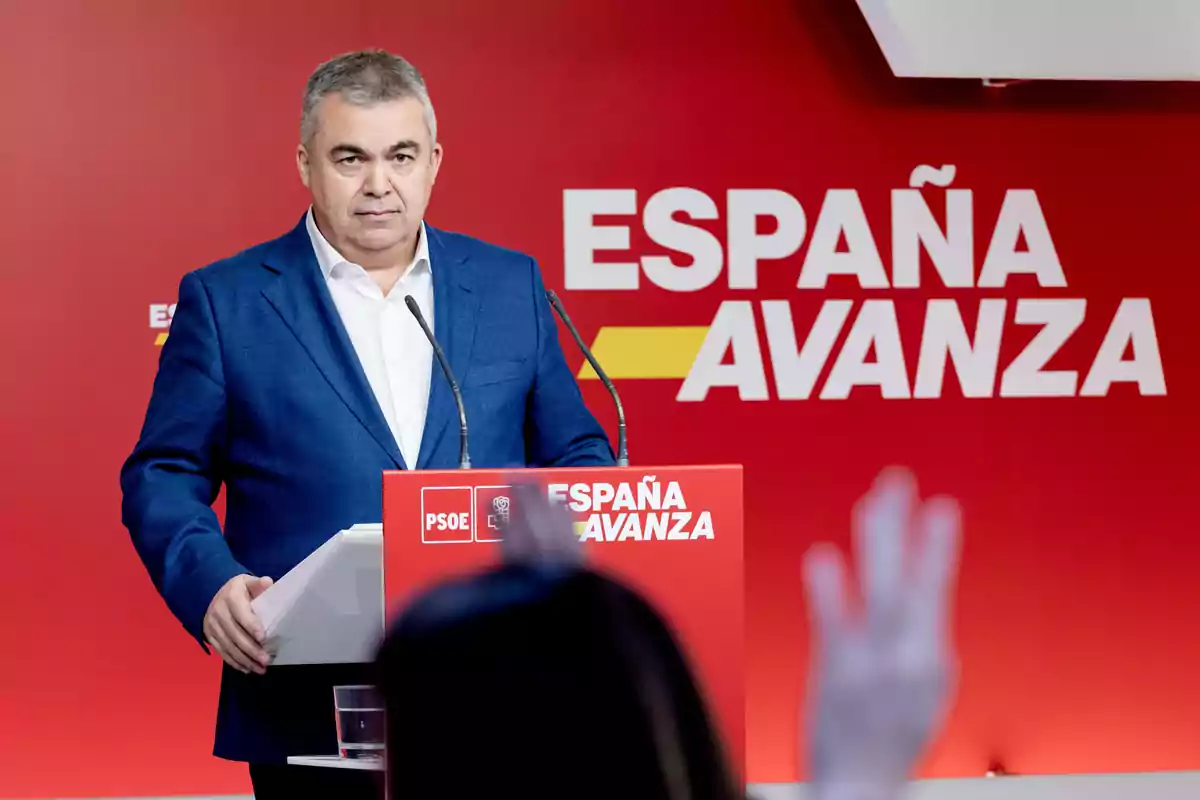
His residence in Madrid—a penthouse of 1,292 sq. ft. (120 m²) with two terraces in Chamberí/Moncloa—contrasts with his discourse of sobriety. With an estimated rent of over €2,500/month, he drives a Volvo XC60 T6, wears tailored suits, and enjoys horse races at the Hippodrome. His total salary as a deputy and secretary was around €160,000/year.
These details have been the subject of critical comments, especially in local media, which highlight the disparity between his humble party rhetoric and a comfortable lifestyle.
The Information Tsunami: Kickbacks and Awards
The epicenter of the scandal is found in a report sent this Thursday to the Supreme Court: UCO points to Cerdán as the alleged manager of commissions of up to €620,000 collected by Acciona, OPR, and LIC between 2018 and 2021, linked to contracts in Murcia, La Rioja, Seville, Barcelona, and Palma de Mallorca.
The recordings reveal payments already made—of €550,000—and others pending, with figures such as Antxon Alonso acting as intermediaries. In addition, testimonies such as that of businessman Víctor de Aldama point to personal envelopes of €15,000.
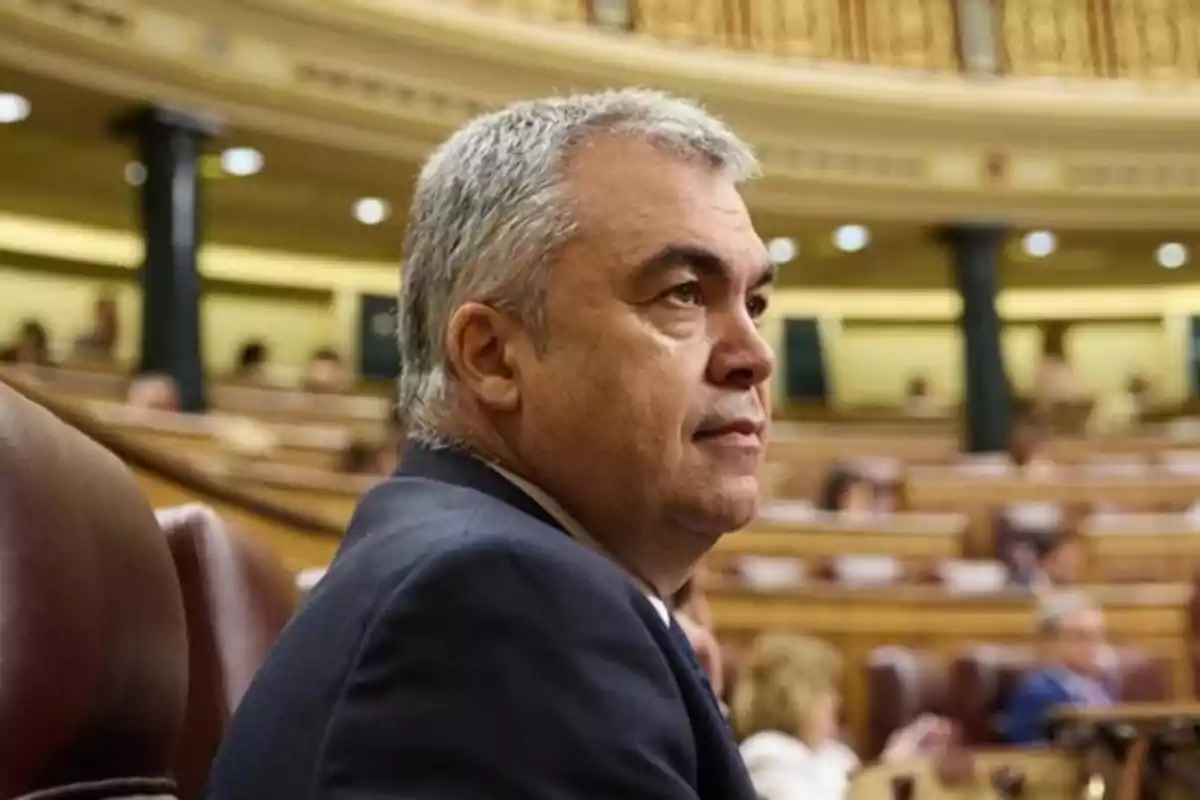
The report also accuses Cerdán of participating in an organized network for illicit purposes: crimes of bribery and membership in a criminal organization, according to the case instructor Koldo, Leopoldo Puente.
The pressure was unstoppable. Cerdán resigned as Organization Secretary and handed in his deputy's seat, anticipating his voluntary statement before the Supreme Court on June 25. A significant date to provide explanations before a court that could already investigate him without parliamentary immunity.
Ferraz now has a huge void. His role as an internal operator disappears at a critical moment, and his legacy wavers: from key man with real power to symbol of a parallel state full of suspicions.
Future Perspective: Reconstruction vs Irreparable Damage
The crisis forces PSOE to an urgent reconstruction: the audit, the renewed Executive, and reputation containment will be key. But questions remain. Who will replace Cerdán as an effective internal operator? Can President Pedro Sánchez generate a successor who keeps territorial coherence? Will the membership forgive a scandal with such tangible evidence?
Meanwhile, the Supreme Court will hear Cerdán on June 25 and will assess the strength of the evidence. If these are confirmed, criminal and political responsibilities could arise for other implicated parties, such as Ábalos and García.
The name of Santos Cerdán, born in a Navarrese village and turned into a key piece of socialism, is now marked by one of PSOE's greatest internal crises in decades.
More posts: